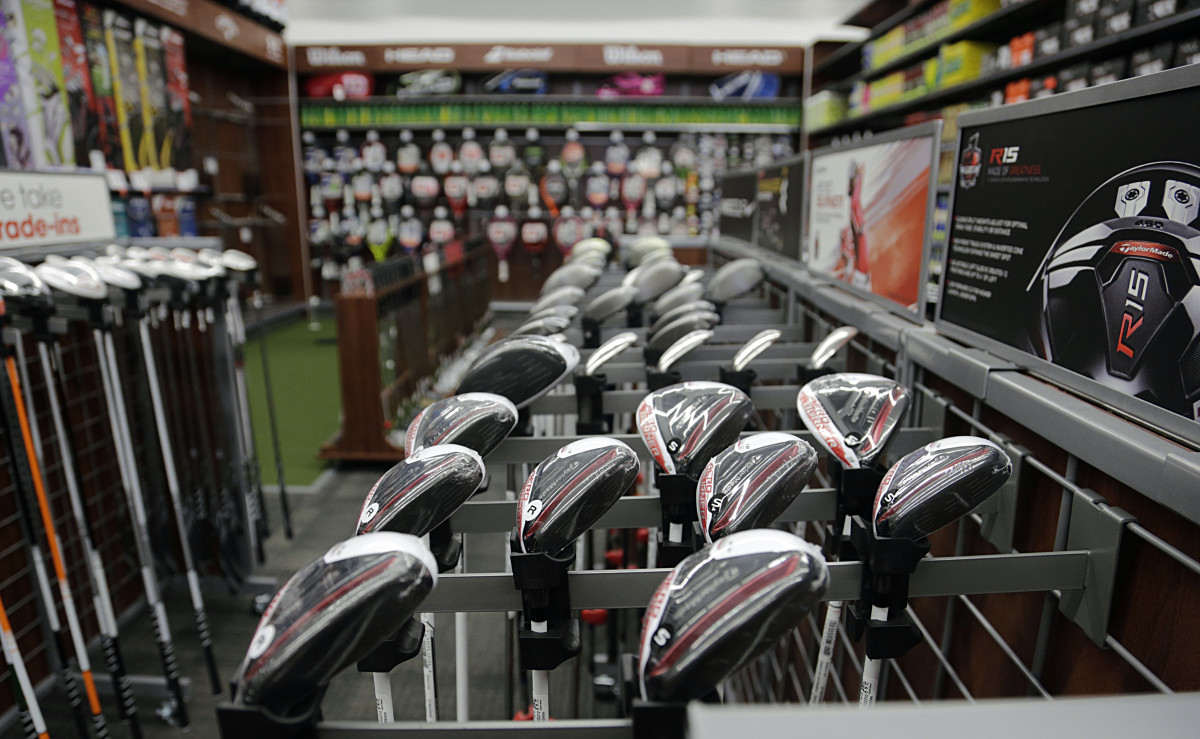
From social issues to the economy, any change in the presidency leads to major shifts in how a country is run, no matter who wins.
However, the outcome of the latest U.S. presidential election might cause one of the biggest shifts in retailers' business models if they want to continue making profits and keep their finances in check.
For years, the U.S. has heavily relied on China as its largest import market, primarily because of its low-cost manufacturing that allows for far more affordable consumer goods and huge supply chain capacity.
Related: Popular fashion footwear brand makes major change following election results
According to the Office of the U.S. Trade Representative, in 2022, around $758.4 billion in U.S. goods and services were traded with China, with $562.9 billion of that total being Chinese imports into the U.S.

President Donald Trump proposes higher tariffs on imported goods
During his presidential campaign, President Donald Trump said he planned to impose significantly greater tariffs on goods imported from China, which could be 60% or higher. He added that a tariff of up to 20% would be implemented on all foreign-made goods and threatened a 100% tariff on all goods imported from Mexico.
Related: Oreo launches six new flavors, returns a fan-favorite for 2025
In Trump's view, heavy tariffs would return manufacturing to the U.S., create more jobs, reduce the federal deficit, and boost the nation's economy. Although tariffs are intended to protect domestic industries, economists warn they could also damage foreign relationships between the U.S. and the rest of the world, leading to potential retaliation by those affected and a pricing war that could increase costs.
Academy cuts down on its China-sourced inventory amid potential Trump tariffs
Academy Sports + Outdoors, the American sporting goods chain store, revealed it has reduced the percentage of goods it obtains from its China suppliers to lessen its reliance on the country amid the potential Trump tariffs that could be implemented now that the new presidential term has begun.
"Over the last several years, as part of our normal course of business, we have taken proactive steps diversifying our sourcing base to reduce our direct import exposure from a single country, which we believe best positions our business in 2025 and beyond," said Academy CFO Carl Ford during its latest earnings call.
The sporting goods company has been making these changes slowly but effectively since 2019 when it relied on its Chinese suppliers for over 70% of its inventory.
More Retail News:
- Costco issues recall for essential medication over concerning contamination
- 2024 domestic box office falls to $8.7 billion for first time since COVID-19
- Walmart issues major recall in 20 states over alarming issue
Currently, Academy only relies on around 50% of its China-sourced inventory, reflecting a 20% cut from previously. As for other international suppliers, the company said none of its inventory comes from Mexico or Canada.
For the rest of its inventory, Ford said during the earnings call that a large portion of its firearms and ammunition business is manufactured domestically, posing no exposure to the potential foreign-made tariffs.
Although private brands represent approximately 21% of Academy's total business, these partner brands are also diversifying their sourcing as a cautionary measure for the potential upcoming tariffs, actively reducing exposure.
"If and when changes occur, we will take the appropriate actions to serve our customers and preserve the profitability of the company while continuing to deliver everyday value," said Ford.
Related: Veteran fund manager issues dire S&P 500 warning for 2025







